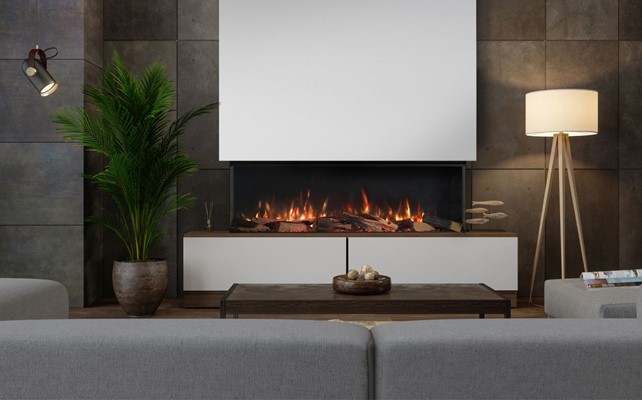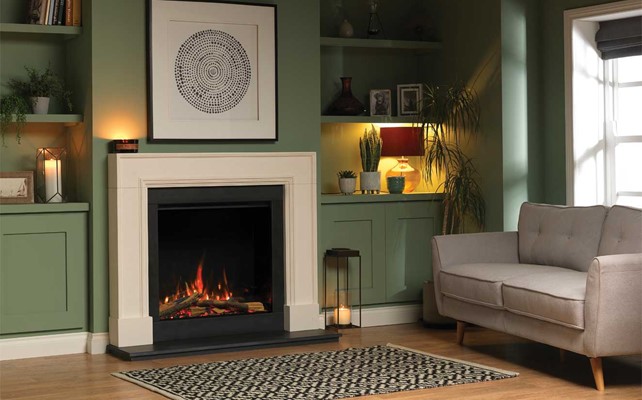All the latest news and views from Rinnai

Running cost of a heat pump in heating mode in winter ranges from 3 to 16 cents per kilowatt-hour (kWh) of heat produced, according to the New Zealand government site EECA Energywise. It’s generally less in summer.
The operational costs of a heat pump are determined by various factors, including the size, condition, and orientation of your home, the insulation it has, the space requiring heating or cooling, as well as the size and efficiency of the installed heat pump model.
We all love to be toasty warm but sometimes this means winter can turn into a costly time for households that aren’t monitoring their electricity consumption!
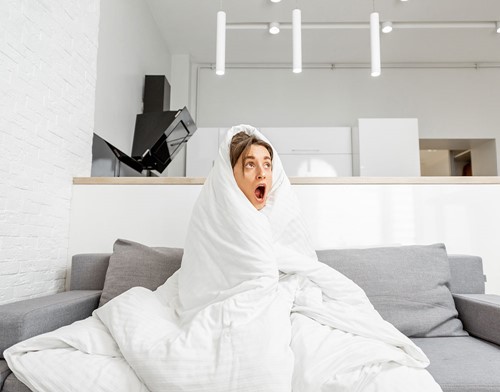
No, heat pumps are very efficient users of electricity. They use electricity to shift ambient heat from the air outdoors into your home producing approximately 3-5kW of heat energy for every 1kW of electricity used.
According to EECA Energywise, the running cost of a heat pump in heating mode in winter ranges from 3 to 16 cents per kilowatt-hour (kWh) of heat produced. In comparison, a traditional electric heater can cost between 19 and 40 cents per unit of heat.
It's essential to note that for every degree you increase the heating and cooling settings, your energy consumption rises by about 5% to 10%.
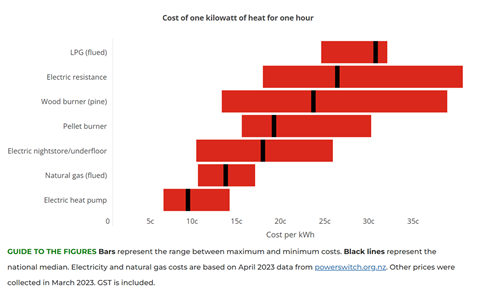
Source: Consumer NZ https://www.consumer.org.nz/articles/home-heating-costs
Similarly, using a heat pump to cool down during hot and humid evenings and improve your sleep quality doesn’t have to be an expensive way to get a good night’s sleep. The cost of operating a heat pump in cooling mode, much like heating, depends on various factors like your home's size, condition, orientation, insulation, and the efficiency of the heat pump model you choose.
Cooling your home with a heat pump typically ranges from $60 to $120 per month. However, you can save significantly by using the fan mode, which costs just around 5 cents per hour.
Another valuable tip is to utilise the dehumidifying setting during the summer to combat the heat effectively. Avoid the temptation to set the temperature to the lowest level to cool down the space rapidly, as it won't make the cooling process faster. Instead, it will only make your heat pump work harder, consuming more power.
For maximum efficiency, it's best to set your heat pump's temperature between 19 and 21 degrees Celsius during the summer. This range provides optimal comfort without putting unnecessary strain on your unit, resulting in lower energy consumption and better sleep quality.
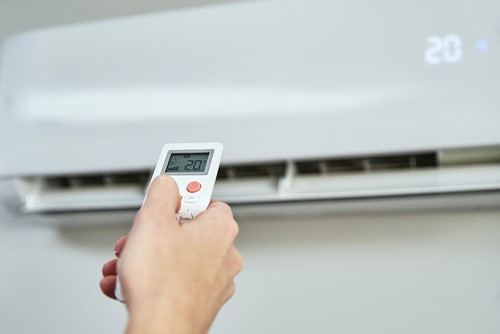
One of the best things about heat pumps is that they have been specifically designed to be as energy efficient as possible when running for long periods of time. Leaving your system on to heat your home can often be the wiser choice instead of turning it off & on again, as it uses less energy to maintain a room’s temperature but more energy to change it.
However, if you’re leaving the room for more than a couple of hours, it’s best to turn your system off. Keeping your heat pump on when it’s not needed can lead to even higher power bills and cause your system to break down faster than it should.
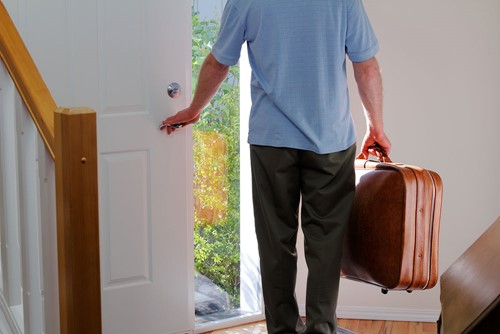
If you’d like return to a perfectly warm home, instead of leaving your heat pump on all day, you can set the programmable timer instead! These work by turning your heat pump on or off at pre-determined times chosen by you.
Rinnai Heat Pumps also come with a Wi-Fi phone app, allowing you to adjust your heat pump settings from anywhere, at any time. If you aren’t sure which Rinnai Heat Pump best suits you, we’re here to help.
Heat pumps are an excellent choice for maintaining a comfortable home temperature throughout the year, as they provide both heating in winter and cooling in summer. However, there are a few aspects to consider when using heat pumps to ensure optimal performance and cost efficiency.

Firstly, it is crucial to select energy-efficient models that suit the size and layout of your living space. By doing so, you can avoid unnecessary spikes in your energy bills.
During colder weather, your heat pump might enter defrost mode, temporarily halting the delivery of warm air indoors. This defrost cycle activates when the heat exchange coil outside the unit accumulates ice or begins to form it. The heat pump automatically addresses this issue, ensuring efficient operation. Ice buildup on the coil hinders airflow, thereby reducing the system's efficiency.
Additionally, it's important to account for ongoing maintenance costs - these should only average approximately $100 per year if you regularly clean your filters.
Find the most suitable heat pump options for your home with Rinnai's heat pump calculator. By selecting the right model and performing regular maintenance, you can enjoy the benefits of a heat pump while minimizing any downsides associated with its usage.
